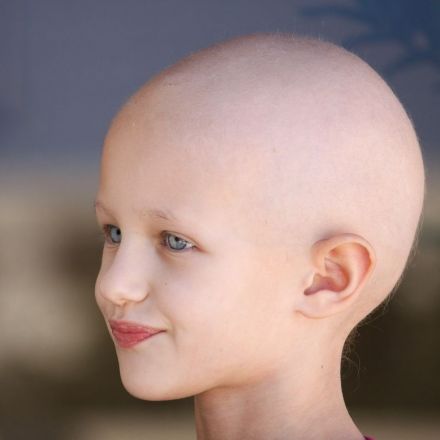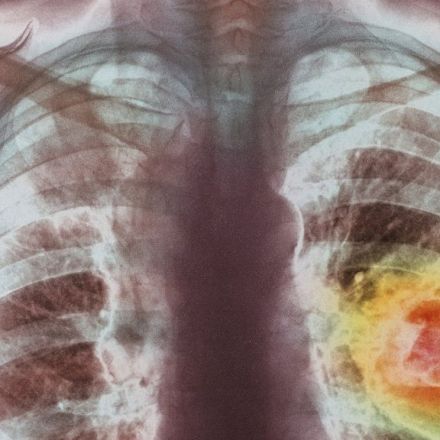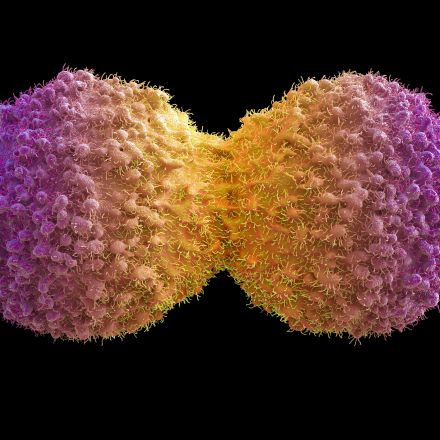

10 years ago
1
The Cancer Industry is Too Prosperous to Allow a Cure
We have lost the war on cancer. At the beginning of the last century, one person in twenty would get cancer. In the 1940s it was one out of every sixteen people. In the 1970s it was one person out of ten. Today one person out of three gets cancer in the course of their life. The cancer industry is probably the most prosperous business in the United States. In 2014, there will be an estimated 1,665,540 new cancer cases diagnosed and 585,720 cancer deaths in the US.
Continue Reading
Additional Contributions:



























Join the Discussion
I know that this is an old post, but here's it goes anyway.. It seems to happen a lot - there's loads of people believing that the pharma / drug / cancer industry actually has cheap cures for deadly diseases but keeps them secret so that they can profit. And then you get articles like this that mix up half truths with exaggerations and misinformation to try to convince you of one or another conspiracy. And, yes, it's true that there's lots of bad behavior and bed people in pretty much any industry. But there is no conspiracy.
In this case, the topic on diets and cancer is really an interesting one. So thanks for the snap. But please don't read this article, I am sure there are better and more balanced reads out there. Or, if you are really scientifically minded you can read actual published research on the topic. Like the review I've added as a related link (hint: jump to the discussion section, this will be more easy to read). Yes, it's published, anyone - scientists, doctors and you can access it and there's no conspiracy that has silenced this research. And research shows that there might be a benefit of some diets when it comes to curing cancer. Here's few interesting quotes from the review, with my comments in brackets: